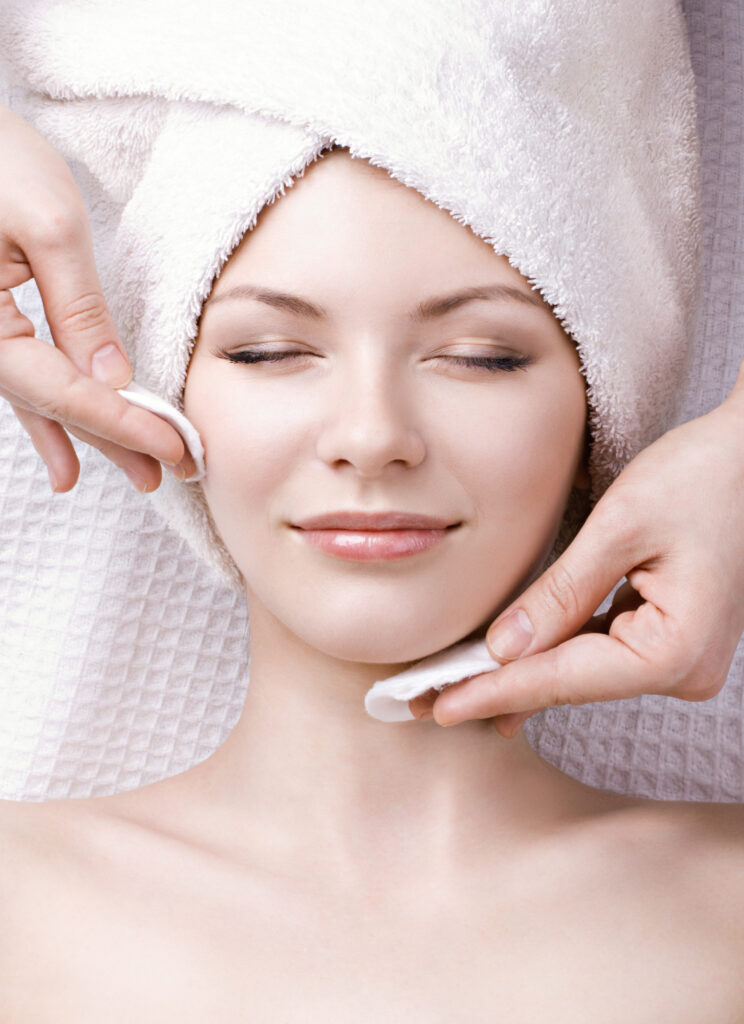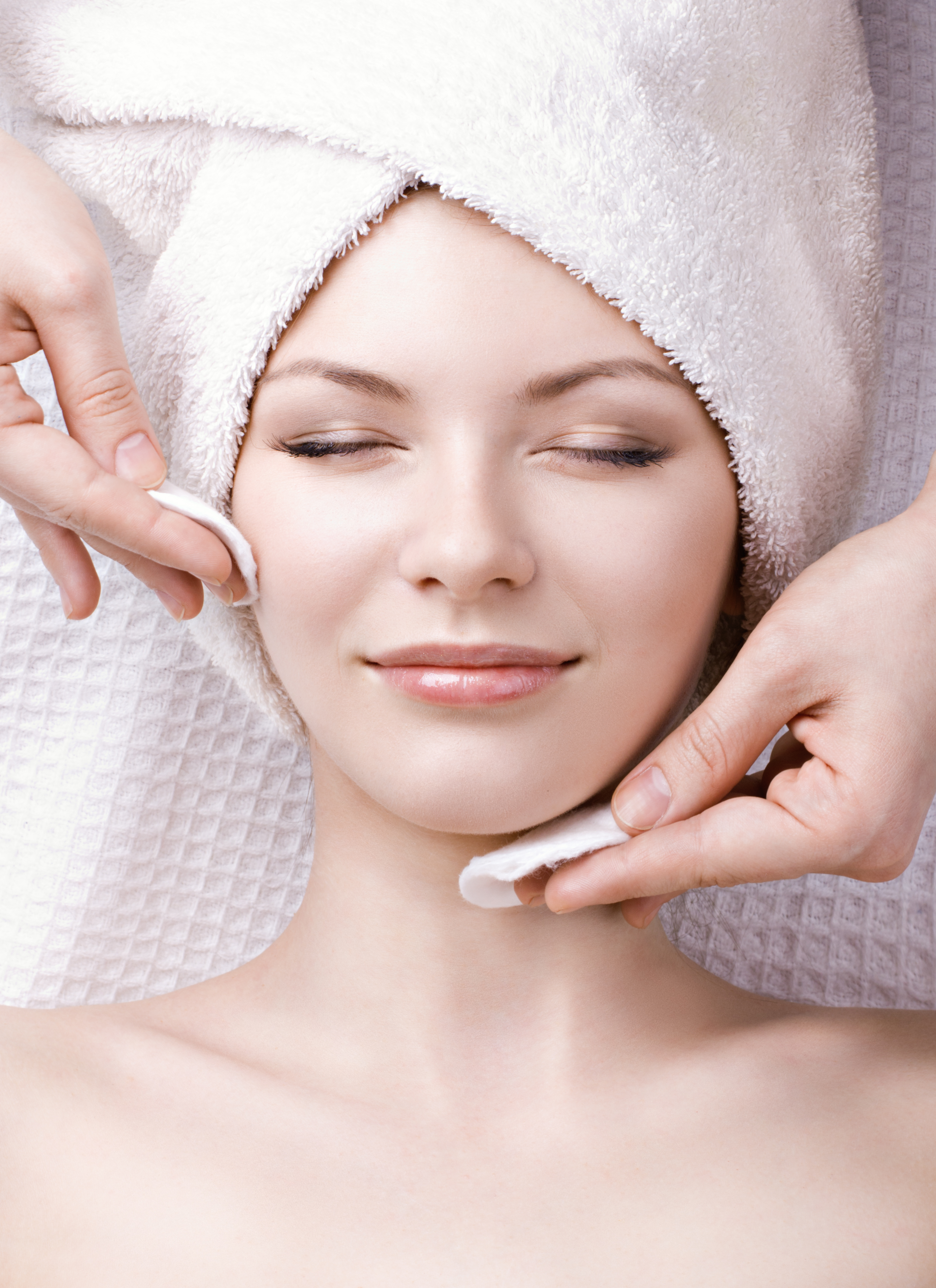
The onset of cold weather doesn’t have to mean dry lips, red raw hands or flaky skin. You just need some pre-planning before the big freeze sets in .
The winter months do not only bring dark nights and cold biting winds it’s the extra central heating that can dry out the skin as well, so start applying moisturiser to your body as well as your face.
For many people, the cold clear days of winter bring more than just a rosy glow to the cheeks. They also bring uncomfortable dryness to the skin of the face, hands, and feet. For some people, the problem is worse than just a general tight, dry feeling: they get skin so dry it results in flaking, cracking, even eczema (in which the skin becomes inflamed).
Have a professional facial as this can really help to rehydrate the skin and make you feel relaxed now the festive season is over.
You may have found a moisturiser that works just fine in spring and summer. But as weather conditions change, so, too, should your skin care routine. Find an “ointment” moisturiser that’s oil-based, rather than water-based, as the oil will create a protective layer on the skin that retains more moisture than a cream or lotion.
If you’re lucky enough to be going skiing remember your sunscreen as winter sun combined with the snow glare can still damage your skin.
Try applying a broad-spectrum sunscreen to your face and your hands about 30 minutes before going outside. Reapply frequently if you stay outside a long time. The skin on your hands is thinner than on most parts of the body and has fewer oil glands. That means it’s harder to keep your hands moist, especially in cold, dry weather. This can lead to itchiness and cracking. Wear gloves when you go outside; if you need to wear wool to keep your hands warm, slip on a thin cotton glove first, to avoid any irritation.
Drinking water helps your skin stay young looking but it can be harder in winter to drink your recommended 8-10 glasses a day even though water is good for your overall health.
Don’t forget your feet, those minty foot lotions are lovely in the hot summer months, but during the winter, your feet need stronger stuff. Try finding lotions that contain petroleum jelly or glycerine instead. Use exfoliants to get the dead skin off periodically; that helps any moisturizers you use to sink in faster and deeper. Or if they are very bad a pedicure with paraffin wax can really help.
Sure, soaking in a burning-hot bath feels great after frolicking out in the cold. But the intense heat of a hot shower or bath actually breaks down the lipid barriers in the skin, which can lead to a loss of moisture. You’re better off with just warm water and staying in the water a shorter amount of time. A lukewarm bath with bath oil can help relieve skin that is so dry it has become itchy, so, too, can periodically reapplying your moisturizer.
The bitter cold and blistering winds of winter can quickly strip skin of its moisture, leaving it prone to itching, cracking and bleeding. Broken skin is a recipe for infection. Seniors are particularly prone to skin issues. Over time, a person’s skin becomes thinner, drier and more fragile. So any older family members may need help with applying regular moisturiser during the cold, it is a good idea to apply moisturiser immediately after showering. Older people might want to seek out heavier creams or ointments, be sure to check the ingredients. Many heavy-duty moisturizers contain lanolin—a common allergen for the elderly. Vaseline petroleum jelly can be a skin saver—if you can get over the greasiness.
Before braving the frigid outdoors, be sure to cover as much exposed skin as you possibly can. The skin on your fingers and toes is particularly susceptible to frostbite and windburn.
As much as the idea of an invigorating walk on a cold winter’s morning followed by a cosy pub lunch by a log fire is very appealing, remember it’s the extremities of hot and cold that really do the damage. This contributes to broken veins on your cheeks that you don’t want to spend the summer covering up with foundation or having treatment to remove!
Stay warm; apply moisturiser to your face and body daily and by the spring you will really see the benefits from all the effort you have put in during these cold months!



